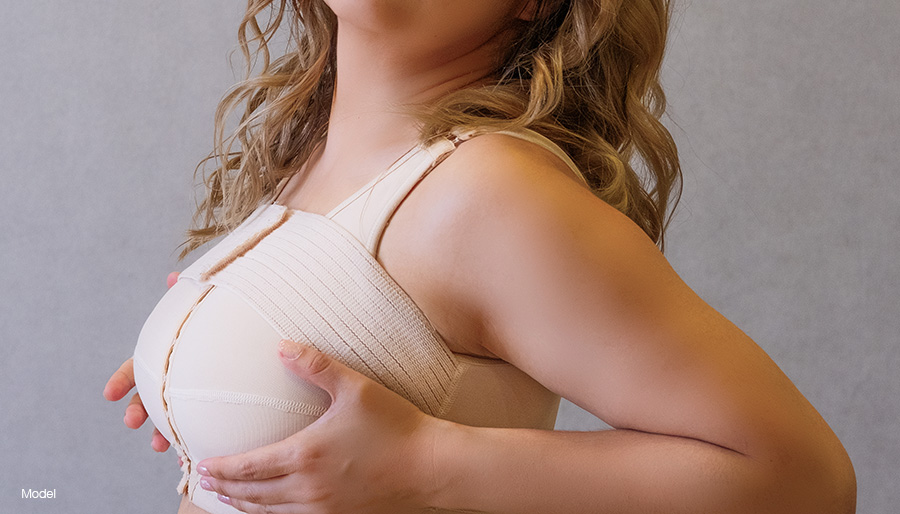Blog
- CATEGORIES:
-

How Much Does a Breast Revision Cost?
Breast Revision SurgeryPosted July 02, 2025
Breast revision can be daunting for women, whether they are undergoing the procedure to address complications or simply because their preferences have changed. Preparing for […]

How Much Does Laser Resurfacing Cost?
Laser Skin ResurfacingPosted May 05, 2025
Financially preparing for your desired cosmetic treatments is an essential part of the planning process. This blog discusses the cost of laser resurfacing and the […]

Is an Arm Lift the Only Option for Correcting Saggy Arms?
Arm LiftPosted February 10, 2025
Stubborn fat deposits tend to develop on the upper arms and can obstruct any underlying muscle definition. Weight fluctuations and aging can contribute to this […]

How Long Is a Breast Lift Good For?
Breast LiftPosted January 15, 2025
Before committing to getting breast surgery, many women want to know how long they can expect their breast lift results to last. This blog will […]

How Breast Reduction Surgery Can Improve Your Quality of Life
Breast ReductionPosted December 20, 2024
Are overly large and heavy breasts weighing you down? While there are many women out there who desire to have a full, voluminous bustline, others […]

What Happens to a Tummy Tuck as You Age?
Tummy Tuck (Abdominoplasty)Posted December 11, 2024
One of the most frequently asked questions about tummy tuck surgery is how long the results will last. Many prospective patients use the longevity of […]

Can I Sleep Braless After Breast Augmentation?
Breast AugmentationPosted October 17, 2024
After breast augmentation, patients need to wear bras that will support their new implants. Patients can expect to wear a compression bra throughout their recovery […]

How Many Pounds Will I Lose After Liposuction?
LiposuctionPosted October 14, 2024
Liposuction can be an exciting option for people struggling with stubborn fat deposits, especially if they’ve tried various diet and exercise methods and haven’t gotten […]

What Are My Neck Lift Options?
Neck LiftPosted August 28, 2024
A neck lift can combat signs of aging in the neck by smoothing out wrinkles, eliminating vertical banding, removing excess skin, and redefining your jawline. […]

What Can a Labiaplasty Achieve?
LabiaplastyPosted July 19, 2024
The appearance of the labia can be a sensitive topic for some women. Asymmetrical or enlarged labia can create discomfort and make women feel less […]

How Fat Transfer Can Transform Your Face
Facial Fat TransferPosted July 18, 2024
Many people seek facial rejuvenation treatments to restore the smooth facial contours they had when they were younger. While people often think of synthetic injectables […]

How to Prepare for Breast Augmentation
Breast AugmentationPosted June 04, 2024
For women who have decided to get a breast augmentation, the days leading up to the surgery can be both an exciting and nerve-wracking time. […]